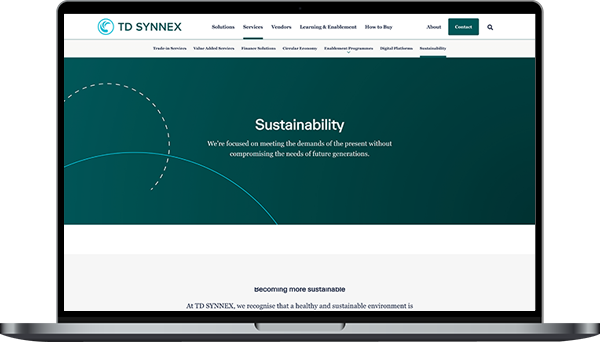While it was all the rage four years ago, sustainability now seems to have taken a back seat. But has it really disappeared from the agenda? Not according to Gartner, which says the percentage of organisations prioritising sustainability as part of procurement will rise to over 50% by 2029.
► Increased regulation plus investor and customer demand means the subject can’t be ignored
► Power requirements of AI need to be better understood
The analyst firm has identified sustainability as one of the top trends shaping the future of cloud. Drivers include increased regulation and investor and public demand. AI is also a factor, and with workloads potentially soaking up a lot more energy, there is a need to get a better understanding of the sustainability implications. Gartner also notes that cloud providers and users are increasingly sharing responsibility for delivering a sustainable infrastructure.

There is an underlining qualifier to all this though; while sustainability may become more of an influence on purchasing, the strategy must align with key business outcomes. To really work – for the organisation and its stakeholders – the approach must make practical sense.
For IT partners and suppliers, sustainability is not a subject that can be swept aside or ignored. It’s going to be important to keep demonstrating commitment to sustainable practices and carbon reduction.
Inspired by The Top Trends Shaping the Future of Cloud
Sustainability
We’re focused on meeting the demands of the present without compromising the needs of future generations.


